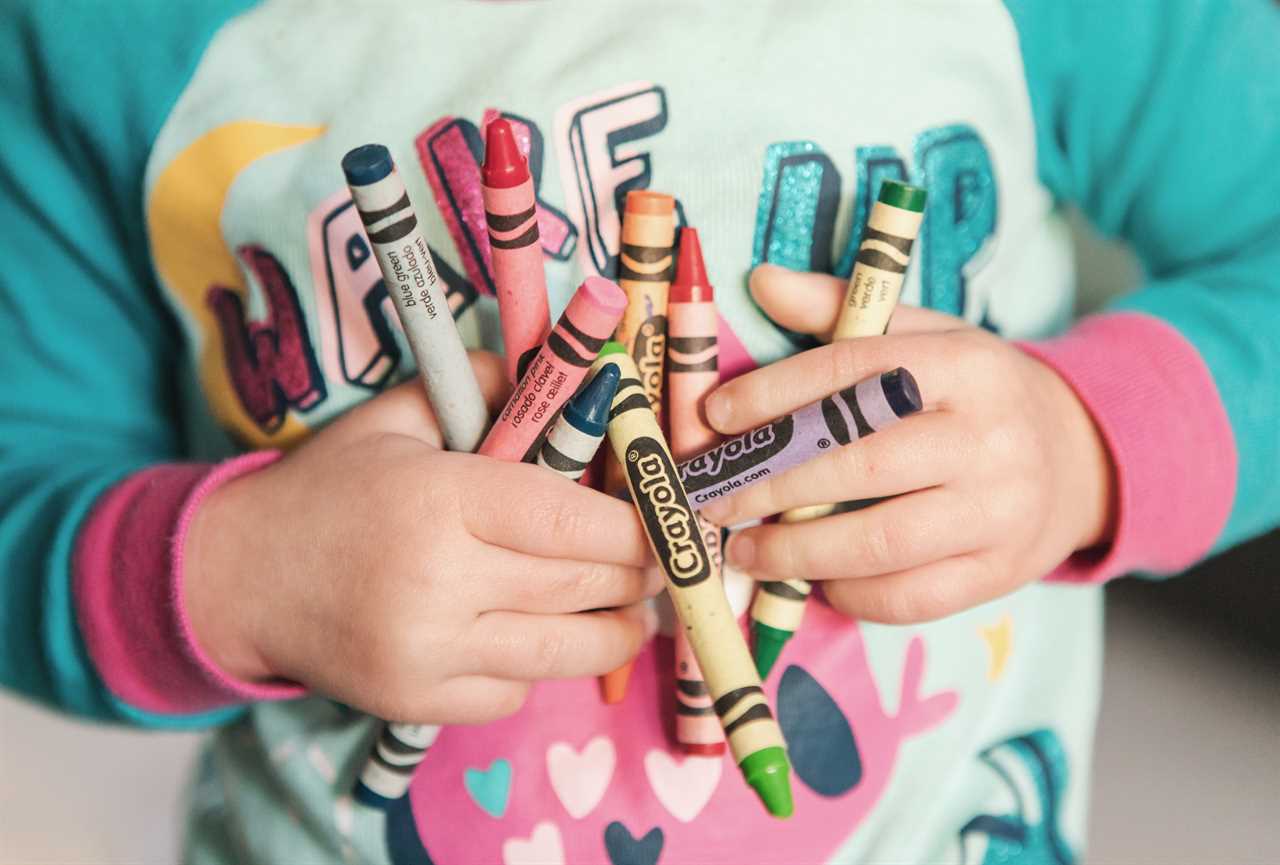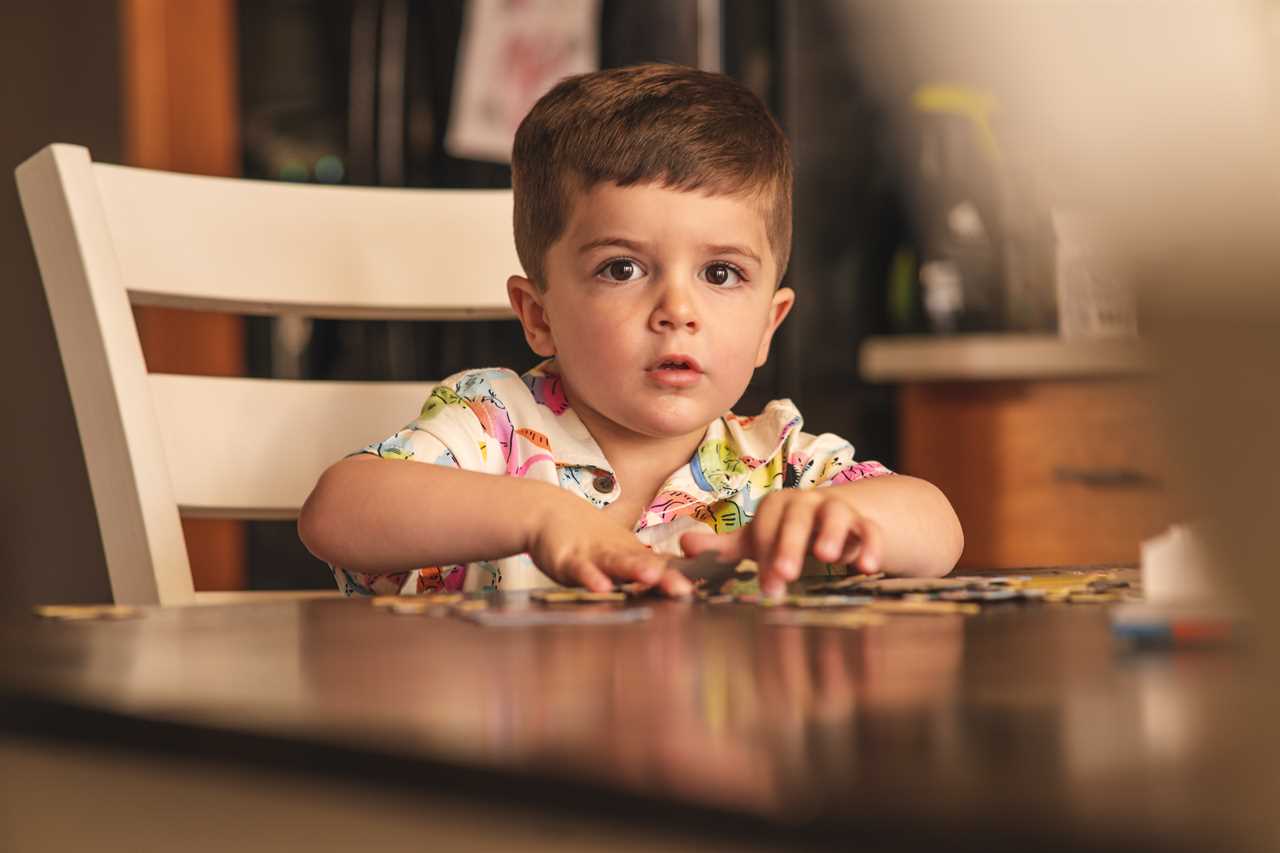Using toys to enhance language skills is a key focus in the world of education. These toys, in various forms, are designed to promote language development in children. They offer opportunities for communication, vocabulary expansion, and imaginative play.
Dolls, building sets, flash cards, and interactive games all play a role in improving a child’s ability to speak and understand language. By incorporating educational toys into playtime, children can learn and grow their language skills in a fun and engaging way.
Key Takeaways
- Educational toys play a significant role in a child’s development, focusing on academic skills, creativity, imagination, culture, and environmental issues.
- Playing with educational toys allows children to explore, experiment, and use their imagination, enhancing their language skills.
- Lifestyle toys, such as dolls, houses, and cooking utensils, promote language acquisition through role-playing and expressing the plot and content of the game.
- Buildable toys, like sets of letters and basic geometric shapes, improve oral expression skills as children engage in construction activities and describe the objects they are building.
Definition and Types of Educational Toys
Educational toys play a significant role in a child’s development. They come in various forms, focusing on academic skills, creativity, imagination, culture, and environmental issues. These toys offer numerous benefits for cognitive development and language skills.
Innovative educational toys specifically designed for language development are available in the market. Lifestyle toys, such as dolls, houses, and cooking utensils, encourage role-playing and promote language acquisition. Buildable toys, like letter sets and geometric shapes, engage children in construction activities that improve their oral expression skills.

Flash cards featuring different objects can be used for matching and comparison games, enhancing a child’s ability to recognize, classify, and speak. By providing opportunities for communication and vocabulary expansion, educational toys contribute to a child’s overall language development.
These toys offer a fun and interactive way for children to learn and express themselves freely.
Importance of Educational Toys for Language Development
Playing with toys that promote language development allows children to explore their creativity and expand their vocabulary. The benefits of educational toys for language development are numerous. Here are some strategies for using educational toys to enhance language skills:
Encourage pretend play with lifestyle toys like dolls and cooking utensils. This helps children practice communication skills and expand their oral expression abilities.

Engage children in construction activities using buildable toys. Encourage them to describe the objects they are building and explain the process, which improves their oral expression skills.
Utilize flash cards depicting various objects for matching and comparison games. Speaking out the names and characteristics of the objects on the flash cards enhances a child’s ability to compare, classify, and speak.
Provide opportunities for children to play with toys that expose them to new words and phrases, expanding their vocabulary and language acquisition.
Lifestyle Toys for Language Development
Role-playing with lifestyle toys like dolls, houses, and cooking utensils allows children to engage in imaginative play and develop their oral expression abilities.

These interactive playsets provide a creative platform for children to explore various scenarios and express themselves through storytelling. By using language during these play sessions, children enhance their language development skills. They learn to communicate effectively by expressing the plot and content of their games, expanding their vocabulary and improving their oral expression.
Additionally, lifestyle toys offer opportunities for children to engage in hands-on activities, such as setting up a doll’s house or pretending to cook with miniature utensils. These activities not only enhance language skills but also foster imagination, creativity, and problem-solving abilities.
Overall, lifestyle toys provide a fun and interactive way for children to develop their language skills through art and play.
Buildable Toys for Language Development
Buildable toys, such as sets of letters and basic geometric shapes, provide children with opportunities to engage in construction activities that improve their oral expression skills. These toys serve as building blocks for vocabulary expansion and promote language development through construction activities.

Children can describe the objects they are building, enhancing their ability to express themselves verbally. Parents can encourage children to explain the process of building, fostering their communication skills. Construction activities with buildable toys expose children to new words and phrases, expanding their vocabulary. The hands-on nature of using buildable toys allows children to actively participate in their learning, making language development a fun and interactive experience.
Flash Cards for Language Development
Using flash cards during playtime helps children expand their vocabulary and improve their ability to compare and classify objects. Flash cards depict various objects like daily necessities, transportation, vegetables, fruits, and animals.
Children can use flash cards for matching games, where they match the picture on one card with the corresponding picture on another card. This activity not only helps them recognize and remember the names of different objects but also enhances their ability to compare and classify them based on their similarities and differences.
Speaking out the names and characteristics of the objects on the flash cards also improves their language skills, as they learn to express themselves clearly and confidently.

Flash cards provide a fun and interactive way for children to expand their vocabulary while engaging in play.
Interactive Games and Puzzles for Language Development
Interactive games and puzzles engage children in hands-on activities that promote language development, encouraging them to communicate and problem-solve while having fun. These types of toys offer several benefits for language development:
- Language Acquisition: Interactive games and puzzles expose children to new words and phrases, expanding their vocabulary.
- Communication Skills: By engaging with these toys, children practice expressing themselves verbally, improving their communication skills.
- Cognitive Development: Interactive games and puzzles require children to think critically and problem-solve, enhancing their cognitive abilities.
- Social Interaction: Playing these games with others encourages children to engage in conversations and collaborate, fostering social skills.
Furthermore, interactive games and puzzles can be considered sensory toys, as they stimulate multiple senses, such as touch, sight, and hearing. This sensory engagement further enhances language development by providing a rich and immersive learning experience.
Storytelling and Language Development With Educational Toys
Storytelling with educational toys engages children in imaginative play, allowing them to develop their language abilities while creating and sharing their own narratives.

Role playing games using educational toys provide a platform for children to explore different characters and scenarios, enhancing their vocabulary expansion. By taking on different roles, children can use language to describe their characters, express emotions, and communicate with others. This interactive play helps children develop their oral expression skills and fosters a love for storytelling.
Educational toys that support storytelling often come in the form of playsets, puppets, or storytelling cards. These toys provide children with prompts and inspiration to create their own narratives, encouraging creativity and imagination.
Through storytelling with educational toys, children not only develop their language skills but also enhance their cognitive and social abilities.
Did you miss our previous article…
https://foozzilla.com/enhancing-facebook-security-a-guide-to-logging-in-and-account-recovery/






